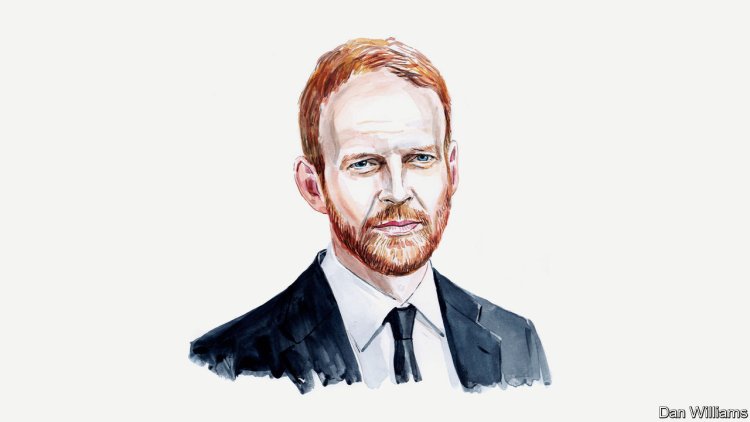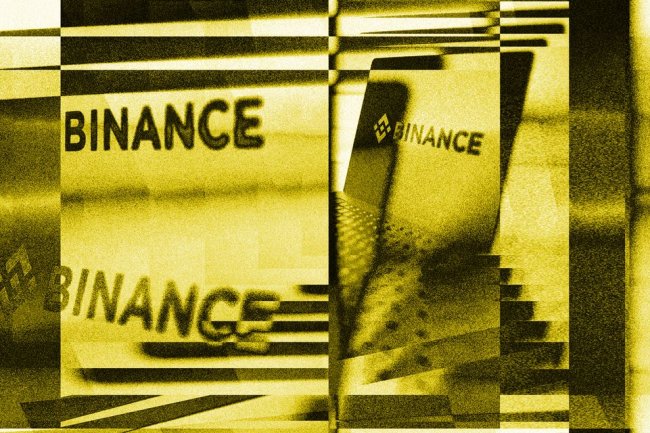BRICS expansion would be a sign of China’s growing influence, says Oliver Stuenkel
image: Dan WilliamsSINCE ITS transformation from an investment category into a political club in 2009—when the heads of state of Brazil, Russia, India and China held their first summit—the BRICS grouping has faced countless critics and doubters. Numerous Western analysts pointed to the many differences and disagreements within the group and expected it to have only a limited impact on global affairs.Yet, defying such expectations, member countries embraced the BRICS grouping and no leader has missed its annual summit over the past 14 years (summits took place virtually during the pandemic). Even significant ideological swings in member countries such as India or Brazil have done little to alter their commitment to the club, and the BRICS, which invited South Africa to join in 2010 (hence the capital S), have become something far more important than a yearly photo-op. In addition to a development bank created in 2014—which has extended more than $30bn in loans so far and which added Ban


SINCE ITS transformation from an investment category into a political club in 2009—when the heads of state of Brazil, Russia, India and China held their first summit—the BRICS grouping has faced countless critics and doubters. Numerous Western analysts pointed to the many differences and disagreements within the group and expected it to have only a limited impact on global affairs.
Yet, defying such expectations, member countries embraced the BRICS grouping and no leader has missed its annual summit over the past 14 years (summits took place virtually during the pandemic). Even significant ideological swings in member countries such as India or Brazil have done little to alter their commitment to the club, and the BRICS, which invited South Africa to join in 2010 (hence the capital S), have become something far more important than a yearly photo-op.
In addition to a development bank created in 2014—which has extended more than $30bn in loans so far and which added Bangladesh, Egypt, the United Arab Emirates and Uruguay as new members in 2021—being a BRICS member involves countless meetings among ministers (in areas such as defence, climate and health) and regular encounters that involve legislators, government agencies, think-tanks and scholars in numerous areas to promote a broader dialogue. It is no exaggeration to say that the BRICS grouping has become an important element of its members’ foreign-policy identity.
Predictions of the grouping’s imminent demise failed to take into account the tangible benefits that BRICS membership brings. Coined in 2001 by Jim O’Neill, then Goldman Sachs’s head of global economics research, “BRICS” remains a globally recognised brand, and is seen by the exclusive group of large emerging powers which are members as status-enhancing in international affairs—particularly for those members which lack other status-boosters such as nuclear weapons, strong economic growth or (in the cases of Brazil and South Africa) both.
Second, the BRICS grouping has served as insurance against diplomatic isolation, which was helpful to Vladimir Putin after Russia’s invasion and annexation of Crimea in 2014. In July that year Brazil resisted Western calls to disinvite Mr Putin from the BRICS summit in Fortaleza. In March 2014 the BRICS jointly rejected a suggestion by Australia’s foreign minister, Julie Bishop, that Mr Putin could be barred from attending the G20 summit later that year. (There are, though, limits to this insurance: South Africa has asked Mr Putin not to attend the 15th BRICS summit, which will take place between August 22nd and 24th in Johannesburg, but instead to join by video call, to avoid the embarrassment of either having to act upon the International Criminal Court arrest warrant against him or to ignore the court and violate its own domestic laws.)
Jair Bolsonaro, too, found the BRICS useful. After assuming the Brazilian presidency in 2019 he at first sought closer ties to Donald Trump but then found himself cold-shouldered by America and its allies once Joe Biden defeated Mr Trump in the presidential election of 2020. Throughout this period, however, the BRICS grouping became a safe space for the Brazilian leader, where he knew he would not face uncomfortable questions about deforestation, his disastrous handling of covid-19 or his attacks against minorities.
Finally, BRICS members share a profound unease about American leadership, which in their view allows Washington to act without a “permission slip” when it deems that necessary. They also bemoan the selective and sometimes hypocritical way the West has applied international rules and norms. They believe that the BRICS grouping helps them to adapt to and actively shape the transition towards a multipolar order capable of constraining America’s room for manoeuvre, and increasing that of emerging powers.
It thus comes as no surprise that no fewer than 22 countries from around the world have formally asked to join the grouping, with a similar number expressing interest in doing so in the future. Yet it is precisely regarding the topic of expansion that the BRICS have struggled to agree on a clear path forward ahead of the summit in Johannesburg.
Whereas China has been in favour of adding new members for years, India and Brazil have long been sceptical, fearing that it would dilute their influence within the group and that admitting smaller members would reduce the BRICS’ exclusivity and prestige. Just as important, they worry that it would turn the BRICS into a China-led bloc. Indeed, Brazilian and Indian officials are probably right in their assumption that countries such as Algeria, Argentina, Egypt and Iran see BRICS membership as a means, above all, to gain easier access to Chinese investment and financial support.
Russia and South Africa have their own calculus. Russia, for obvious reasons, is now highly supportive of BRICS expansion as a way to counter its growing isolation in the West. The South African government, meanwhile, is unlikely to oppose China on expansion, aware that it was China which called for South Africa’s accession.
The disagreement about BRICS expansion also points to a deeper division within the club. India, Brazil and South Africa have used membership to craft non-aligned foreign policy in the face of growing tensions between the West on the one side and China and Russia on the other. This tension is not new: in BRICS meetings, Russia has often sought to include explicit anti-Western language in final documents, whereas India and Brazil have regularly opposed such rhetoric—a dynamic which explains why the BRICS summit declarations generally sound rather vague. For Brazil and India, adding countries such as Iran and Venezuela to the club would certainly make it more difficult to play their moderating role.
BRICS expansion, then, would not be a sign of the group’s growing diplomatic clout—quite the opposite, in fact, since finding a common denominator would become more difficult. Expansion would, rather, be a reflection of China’s growing influence when defining the future of the bloc.
Amid the uncertainty, one thing is clear: be it in its current form or as an expanded outfit, as a vehicle for collective diplomatic sway or for China to increase its global reach, the BRICS grouping is here to stay. ■
Oliver Stuenkel is a professor at the School of International Relations at Fundação Getulio Vargas in São Paulo and the author of “The BRICS and the Future of Global Order” (2015).
What's Your Reaction?

















